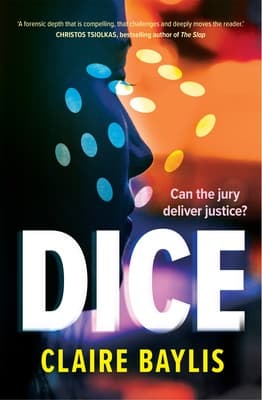Claire BaylissAuthor
Claire is a fiction writer and law researcher based in Rotorua. Her short stories and novel extracts have been published in Sport, Landfall, Turbine | Kapohau andTakahē, on the Radio New Zealand National Programme and in regional newspapers. Claire was a senior law academic in the Victoria University of Wellington Law Faculty for 12 years. She was also the Deputy Director of the New Zealand Institute for Conflict Resolution. Her legal writing has appeared in New Zealand and overseas.
In 2004 she moved to Rotorua with her family, where she has written fiction, worked for the Victoria University of Wellington/Monash University Jury Research Project, become a swim coach, and co-founded the Making the Difference – Kia Tū Whakarerekē - Water Safety programme that works with local schools.
Claire grew up in the North East of England, before emigrating to New Zealand and completing an LLB(Hons) and an LLM at Victoria University of Wellington.
In 2021, alongside the the award of her PhD, she was included in the University's coveted Doctoral Dean's List: 'a formal record and public acknowledgement of those doctoral graduates whose theses have been judged by their examiners to be of exceptional quality and whose work makes an outstanding contribution to their field of research.'
Claire writes: 'One of the exciting things about the Jury Research Project is that it is so rare in any country for researchers to be allowed to speak to actual jurors about real cases. Being both a researcher and interviewer on the project, gave me a unique insight into the issues jurors face in their role in the criminal justice system, particularly in sexual violence cases. I was fascinated by jurors' differing perspectives and how they worked to reach their decisions.
'My critical thesis drew on real jurors' voices to investigate the use of the story model of jury decision-making, heuristic processing and the influence of rape mythology in sexual violence cases. The novel is narrated from the jurors' perspectives in a fictional case, which raises issues of consent, "date-rape", the use of social media and the Legal System's response. By writing from a variety of perspectives the novel also examines concepts of truth, bias and subjectivity.'
